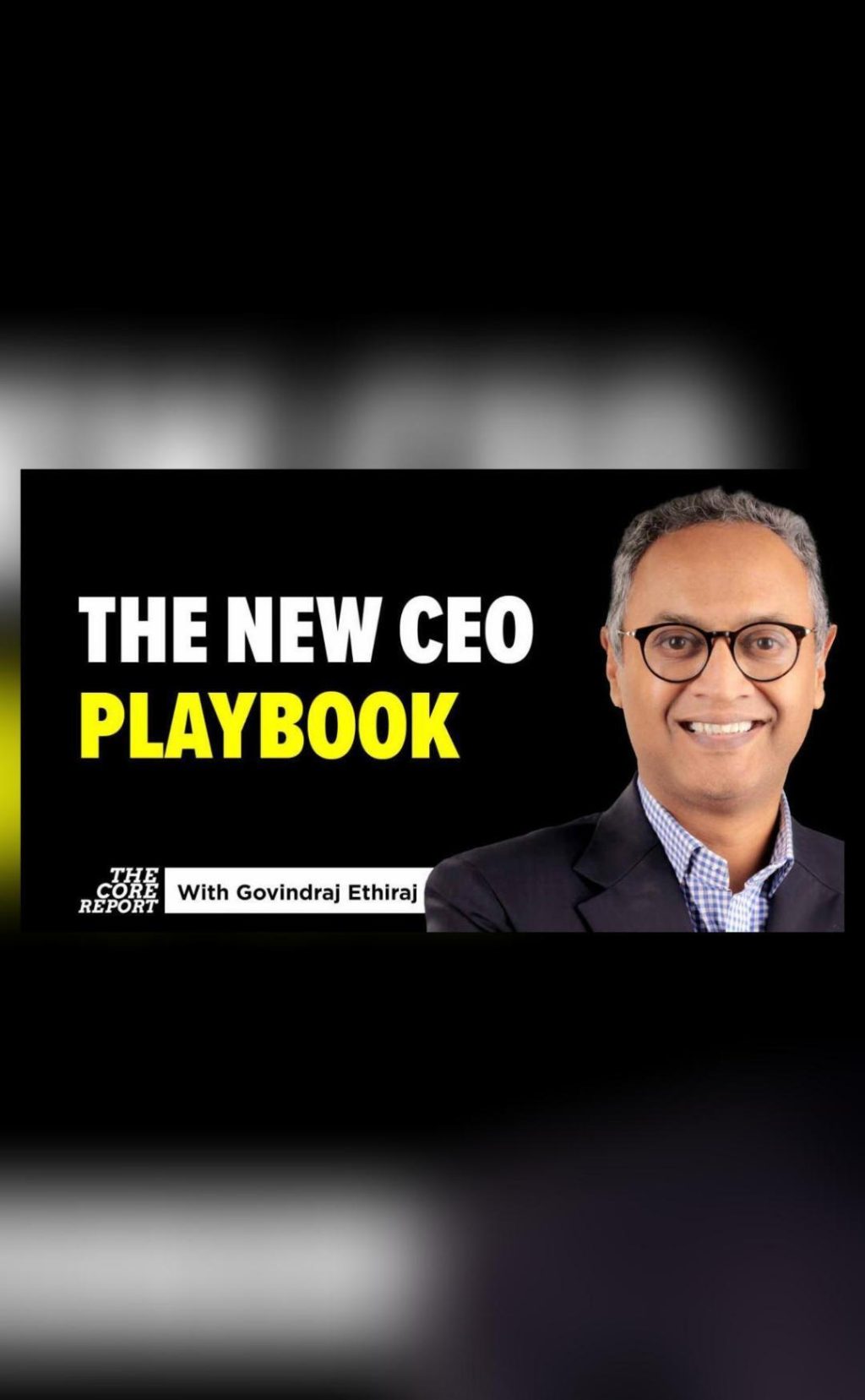
The New CEO Playbook: AI Pressures & Global Tariff Shocks
The business landscape has undergone a profound transformation in recent years, with artificial intelligence (AI) reshaping industries and global tariff shocks disrupting trade. As a result, global CEOs are facing unprecedented challenges, from internal pressures to automate and innovate, to external forces like shifting trade policies. In this increasingly volatile and uncertain environment, companies are being pushed to localize, adapt, and reconsider long-held business models. In this blog post, we’ll explore the new CEO playbook and provide guidance on how business leaders can navigate these complexities.
Internal Pressures: The AI Revolution
The rise of AI has created both opportunities and challenges for businesses. On the one hand, AI has the potential to increase productivity, improve decision-making, and enhance customer experiences. On the other hand, the need to adopt AI technologies has created significant internal pressures for CEOs. With the threat of disruption looming large, companies are under pressure to innovate and automate to remain competitive.
A recent survey by McKinsey found that 80% of executives believe that AI has the potential to transform their industries, but only 20% have a clear strategy for implementing AI. This gap between expectation and reality highlights the need for CEOs to prioritize AI adoption and development.
External Pressures: Global Tariff Shocks
In addition to internal pressures, CEOs are also facing significant external challenges, including global tariff shocks. The ongoing trade wars between the US, China, and other countries have created uncertainty and volatility for businesses, making it difficult to predict future demand and supply chain disruptions.
A recent report by the World Bank found that global trade tensions have led to a decline in international trade, with the value of global trade falling by 1.1% in 2019. This decline has had a ripple effect throughout the global economy, leading to reduced investment, lower economic growth, and increased uncertainty.
The New CEO Playbook
In the face of these internal and external pressures, CEOs must rethink their strategy and operations to remain competitive. Here are some key takeaways from the new CEO playbook:
- Localize and Adapt: Companies must be prepared to localize their operations and adapt to changing trade policies. This may involve setting up new production facilities in different regions, diversifying supply chains, and developing new products and services to meet local demand.
- Invest in AI: AI has the potential to increase productivity, improve decision-making, and enhance customer experiences. CEOs must prioritize AI adoption and development to remain competitive.
- Diversify and Decentralize: Companies must diversify their revenue streams and decentralize their operations to reduce dependence on a single market or product.
- Develop Resilience: CEOs must prioritize building resilience into their businesses, including developing contingency plans for potential disruptions and investing in risk management.
- Focus on Customer-Centricity: Companies must prioritize customer-centricity, investing in customer experience, and developing new products and services to meet changing customer needs.
Conclusion
The new CEO playbook is all about navigating the complexities of the AI-powered, tariff-shocked global economy. By localizing and adapting, investing in AI, diversifying and decentralizing, developing resilience, and focusing on customer-centricity, business leaders can build a competitive edge and drive long-term growth.
Watch the News Video:
For a deeper dive into the implications of AI and global tariff shocks on business, check out this news video: https://youtu.be/0osLVVtj7tY






